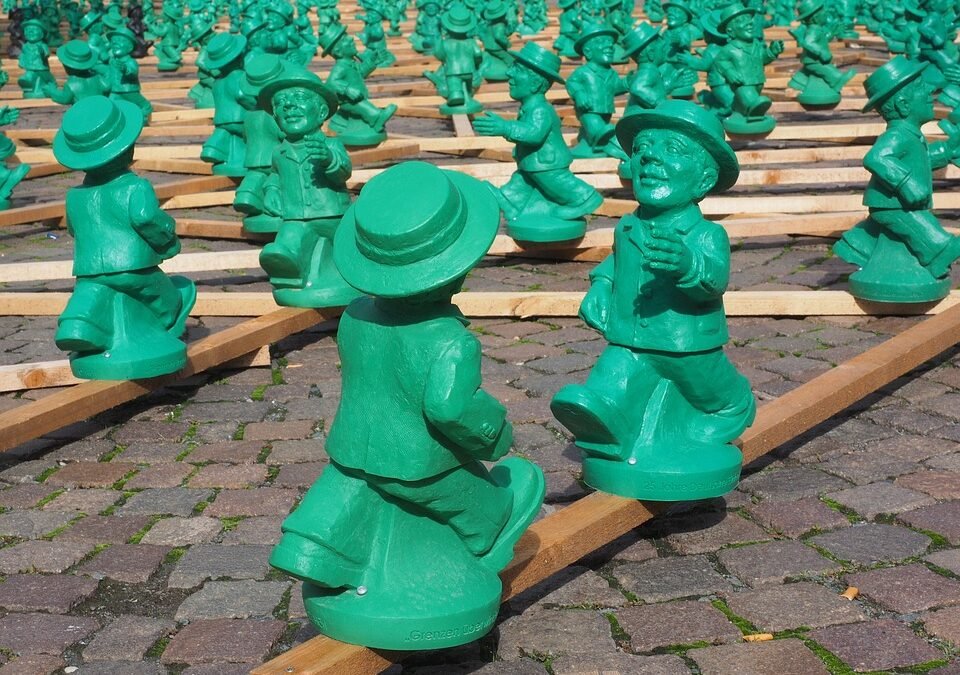Celebrating cultural festivals and traditions across the world is an essential part of humanity. Different regions of the world have unique cultural traditions that are a crucial part of their identity. These festivals and traditions showcase the diversity of human culture and bring people together to celebrate their common heritage.
One of the most famous cultural festivals celebrated across the world is Diwali, also known as the Festival of Lights. This Hindu festival celebrates the victory of good over evil and is celebrated by lighting up homes with candles and colorful lights. The festival is also celebrated with fireworks, sweets, and feasts, bringing families and communities together to celebrate the joyous occasion.
Another famous festival celebrated across the world is the Chinese New Year. This festival marks the beginning of the lunar new year and is celebrated with fireworks, dragon dances, and traditional Chinese food. The festival is a time to celebrate family and community, and people often exchange red envelopes filled with money as a symbol of good luck.
In Africa, the Festival of Timkat is celebrated in Ethiopia, marking the baptism of Jesus Christ in the Jordan River. The festival is celebrated with colorful processions, traditional music, and dance performances. It is a time for families and communities to come together and celebrate their shared heritage.
In South America, the Day of the Dead is celebrated in Mexico and other countries. The festival is a time to honor and remember loved ones who have passed away, and is celebrated with traditional Mexican food, colorful decorations, and music. Families often create altars for their deceased loved ones with their favorite foods and belongings.
Celebrating cultural festivals and traditions across the world is an excellent way to learn about other cultures and broaden our horizons. It helps us appreciate the diversity of human culture and understand that despite our differences, we share a common humanity. These festivals and traditions also provide an opportunity to connect with others, fostering a sense of community and belonging.
In conclusion, cultural festivals and traditions across the world are essential for celebrating the rich diversity of human culture. They provide a way for people to connect with their heritage and celebrate their common humanity. By joining in the celebrations, we can learn about other cultures, broaden our horizons, and develop a deeper appreciation for the world around us.

